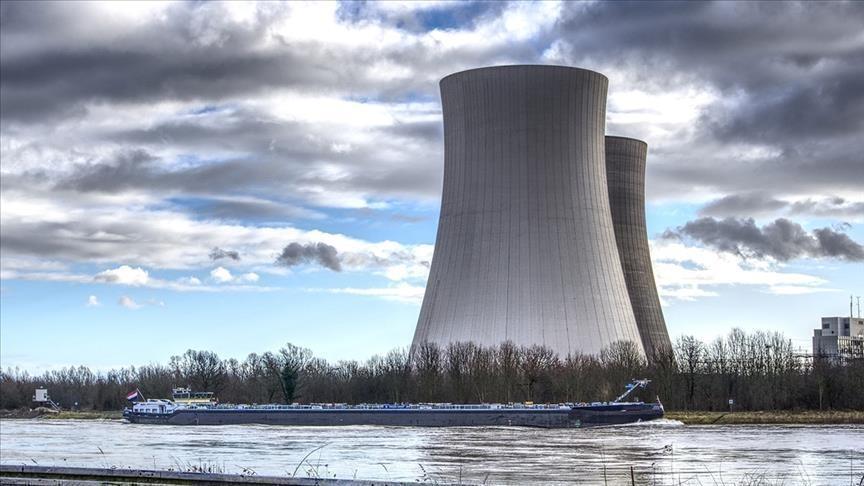The Central Asian nations of Kazakhstan, Uzbekistan, and Kyrgyzstan are turning to nuclear energy to achieve energy independence, support economic growth, and reduce environmental pollution.
In recent years, nuclear energy has become a prominent topic in these countries, where populations are growing. Kazakhstan and Uzbekistan, two of the region’s fastest-developing nations, are making concrete decisions to advance nuclear energy development.
Uzbekistan has already taken steps to build a low-capacity nuclear power plant while Kazakhstan will hold a referendum this Sunday to allow the public to decide whether a full-capacity nuclear power plant should be constructed.
According to the New Nuclear Watch Institute (NNWI), Central Asia’s vast uranium reserves, the primary raw material for nuclear energy production, make nuclear development in the region even more attractive.
For Kazakhstan, the region’s leading economy, a nuclear power plant is seen as the ‘only solution’ for securing the country’s future energy needs.
The country, which aims to achieve carbon neutrality by 2060, currently generates 70% of its electricity from coal-powered plants, making the shift to nuclear energy even more critical.
Baurjan Ibrayev, chair of the NNWI Central Asia Advisory Board, told Anadolu that Uzbekistan has already signed agreements to construct nuclear units, and Kyrgyzstan has signed a declaration of intent to build a nuclear power plant.
Ibrayev noted that all of Kazakhstan’s neighboring countries either already have nuclear energy or are planning to develop it.
He emphasized that Kazakhstan is in a stronger position to produce nuclear energy compared to its neighbors, given that it is the world’s largest exporter of raw uranium and boasts a national nuclear center and nuclear physics institute, with the capacity to train a well-qualified workforce in the field.
– Nuclear power plant crucial for Kazakhstan
Aldiyar Toktarov, head of the Kazakhstan Nuclear Industry Development Union, explained that one of the primary reasons Central Asian countries are turning to nuclear energy is to ensure energy independence.
‘It wouldn’t be an exaggeration to say that a nuclear power plant is of vital importance for Kazakhstan,’ Toktarov said.
‘We are currently facing electricity shortages due to increasing consumption, and our thermal power plants are aging,” he added.
He also highlighted that nuclear energy has become a global trend and expressed hope that this Sunday’s referendum on the construction of a nuclear power plant will yield positive results.
‘This would allow us to join the ranks of countries developing nuclear energy,’ he added.
Reporting by Meiramgul Kussainova in Astana, Kazakhstan

